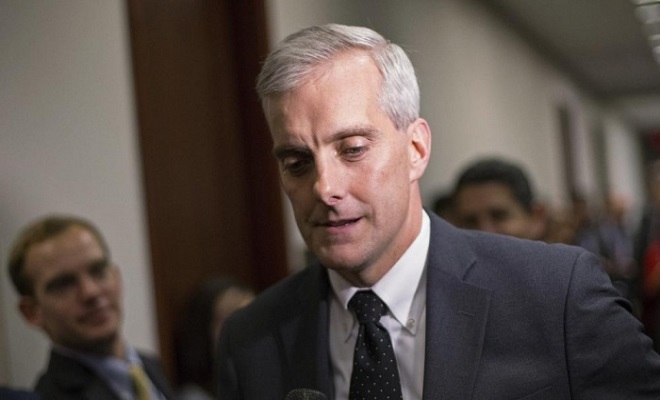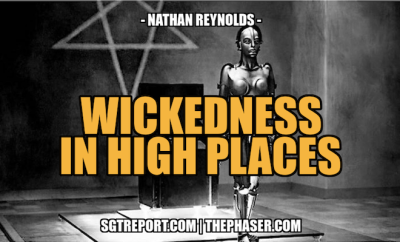“An occupation that has lasted for almost 50 years must end,” Barack Obama’s chief of staff, Denis McDonough, told a conference of liberal activists in Washington. “Israel cannot maintain military control of another people indefinitely,” he added.
Despite Netanyahu’s efforts to distance himself from pre-election comments that appeared to rule out a Palestinian state, the US administration remains sceptical about his commitment to peace.
“We cannot simply pretend that those comments were never made, or that they don’t raise questions about the prime minister’s commitment to achieving peace through direct negotiations,” McDonough told 3,000 delegates at the national conference of J-Street, a Washington lobby group which describes itself as pro-Israel but supports a two-state peace process for a Palestinian state.
“Palestinian children deserve the same right to be free in their own land as Israeli children in their land,” he added. “A two-state solution will finally bring Israelis the security and normalcy to which they are entitled, and Palestinians the sovereignty and dignity they deserve.”
Though official US policy has long favoured a two-state solution, the stridency of McDonough’s comments in front of the sympathetic J-Street audience perhaps also reflects a desire to stop peace talks disappearing from the Israeli political agenda as Netanyahu forms a new government.
“The United States will continue to keep an open line of communication, starting at the top levels, but also among other senior members of the Netanyahu administration as they form a government,” said the press secretary, Josh Earnest, when asked about the issue at the White House media briefing.
However, McDonough denied suggestions that their clash was simply “a matter of personal pique” with Netanyahu due to his separate opposition to US nuclear talks with Iran.
“We cannot give up on the idea that peace is possible, because peace will make Israel stronger,” insisted the chief of staff.
“A ‘one-state solution’ would effectively end Israel’s nature as a Jewish and democratic state,” he added. “Unilateral annexation of the West Bank territories would be both wrong and illegal. The United States would never support it, and it’s unlikely Israel’s other friends would either. It would only contribute to Israel’s isolation.”
Just two days after apparently ruling out a Palestinian state on the eve of Israel’s general election, Netanyahu attempted to row back on his comments, implying he was still open to talks. But he has come under unusually forthright criticism from a string of Obama administration officials – including the US president himself.
On Sunday, Obama renewed his criticism of the Israeli prime minister’s pre-election comments, saying that Netanyahu’s apparent rejection of a two-state solution had made it “hard to find a path” towards serious negotiations.
On Monday, Netanyahu apologised for a statement on election day that appeared to warn against the influence of Arab-Israeli voters.
“I know the things I said a few days ago hurt some Israeli citizens,” he said. “My actions as prime minister, including massive investment in minority sectors, prove the exact opposite.”
But this apology did little to mend relations with the White House, which stressed the true test would be Netanyahu’s actions on the peace process.
“It certainly seems like his comments [on Monday] were appropriate,” said Earnest. “But the statements that we have made over the last week about the need to re-evaluate US policy is actually predicated on Prime Minister Netanyahu’s comments that legitimately call into question his commitment to a two-state solution.
“At the heart of any democracy is the right of all citizens to participate equally,” added McDonough in his speech.













